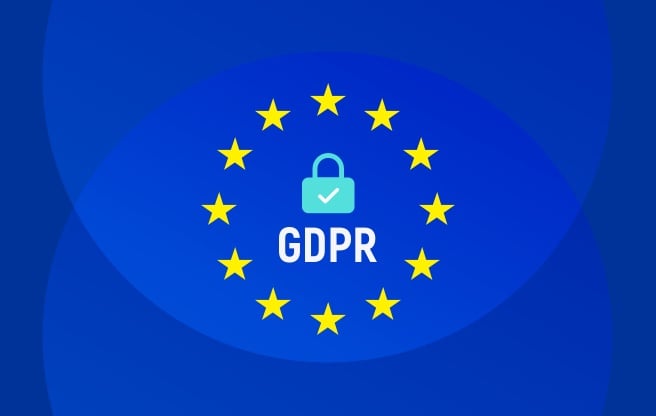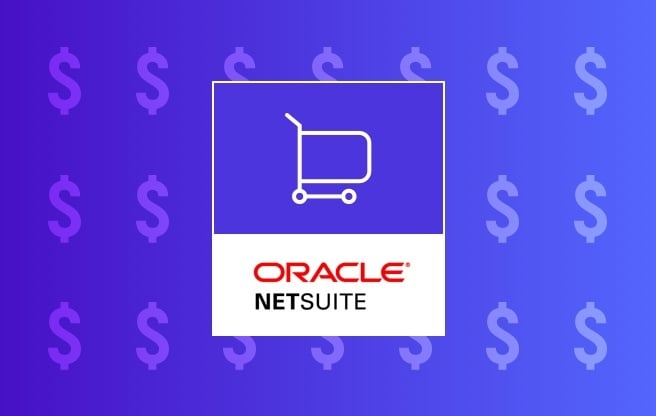For many years, e-commerce companies have enjoyed a tax-free advantage over brick-and-mortar retailers, as many of these online purchase were essentially tax-free unless ordered from a company operating in the same state as the customer. Many states and local governments have also argued that they are missing out on tens of billions of dollars in revenue each year as a result of this tax loophole. However, on June 21st, 2018, the Supreme Court ruling in South Dakota v. Wayfair granted the state authority to impose sales tax obligations on out-of-state transactions which could affect remote sellers. This ruling overturns a 26-year-old precedent, established in Quill Corp. v. North Dakota, when the court ruled that Quill, a catalog retailer, did not have to collect sales tax in North Dakota because it had no physical presence in the North Dakota.
The impact of this ruling cannot be overstated as it will likely have a dramatic impact on American companies, local governments and consumers for decades to come. According to the US Census Report, online retailers such as Amazon, Ebay, Overstock, NewEgg and Wayfair have helped e-commerce business to grow to 9.5% of total retail revenue reported in the first quarter of 2018. However, it is expected that this new ruling will have a disproportionate impact on small online retailers who cannot afford the increased compliance burden and reduced business.What does the South Dakota v. Wayfair ruling means for e-commerce Companies
One of the most obvious implications for companies selling online goods is that they need to be prepared to start collecting taxes in North Dakota and many other states well before the end of this year. As a result, some companies may need to invest in new technology and processes. However, the problem for online retailers comes in the complexity of charging for taxes correctly. According to an October 2017 Report from tax software company Vertex Inc., there are now at least 10,814 sales tax jurisdictions in the United States. And according to a September 2017 Report from Vertex Inc., they showed that there were 398 sales tax rate changes in the first six months of 2017, a substantial increase of 30.49 percent from the 305 changes that occurred in the first six months of 2016. To make matters worse, sales tax imposed by local and regional governments have no direct correlation between ZIP code boundaries.
As you can see this complexity is largely why most online retailers look to sales tax automation software companies to ensure compliance with state and local tax authorities.For online retailers running an ERP (e.g. NetSuite) and an external e-commerce system, it is an increasingly uphill challenge to ensure that the taxes are collected in a consistent manner in the absence of a solution to keep both the sales tax tables on the e-commerce platform and the ERP in sync. For these companies, a tax engine solution will almost certainly be needed moving forward.
In Light of South Dakota v. Wayfair Ruling Online Retailers Should Take These Steps Now
Some of our e-commerce clients have asked what impact this new ruling could have on their business and what steps they can take to prepare for likely changes in state sales tax laws for online retailers. Now that the Supreme Court has paved the way for states to collect taxes from e-commerce companies even if they lack a local presence, companies need to be prepared to comply with upcoming interstate tax laws.
- It’s a little too soon to predict what the states will do. Online retailers will need to be vigilant of sales tax developments in all states where they do business, including both nexus and shipping.
- Check your authority to collect taxes. Not all states automatically let retailers collect taxes. Retailers need to make sure their company is set up to accept the sales tax in every state where they do business.
- If your company has not yet considered sales tax automation software, it may be a good time to look into this.
- Even wholesalers, who are mostly exempt from sales taxes, should make sure they collect exemption certificates from their customers to ensure they are complying with local laws.
We recommend that you reach out to Techfino or your Oracle NetSuite account representative to determine what impact this change could have in the case where your e-commerce website is integrated remotely with your ERP. If you are using NetSuite e-commerce (e.g. NetSuite SuiteCommerce or NetSuite SuiteCommerce Advanced), you can use NetSuite’s built-in tax functionality or leverage a 3rd party sales tax software solution. We recommend tuning in to a session on this topic hosted by the tax experts at Avalara. They are bringing together two leading tax policy experts - Scott Peterson and Rachel Le Mieux, CPA, CMI - to break down the new ruling and explain:
- Whether remote sellers need to file and register in more states
- How the ruling affects future laws across other states
- How to determine whether your company is on the hook for sales tax based on where you conduct business
Register to join the discussion and live Q&A session next week
Date: July 12th at 2:00PM ET / 11:00AM PT
Duration: One Hour
Get Started Now
The easiest way to get started is to contact Techfino today. If you’d like a little more information first, you can download our ContinuedSuccess Whitepaper. Either way, we hope you’ve found this guide helpful and hope that we can further assist you on your path to leveling up your NetSuite Support.



